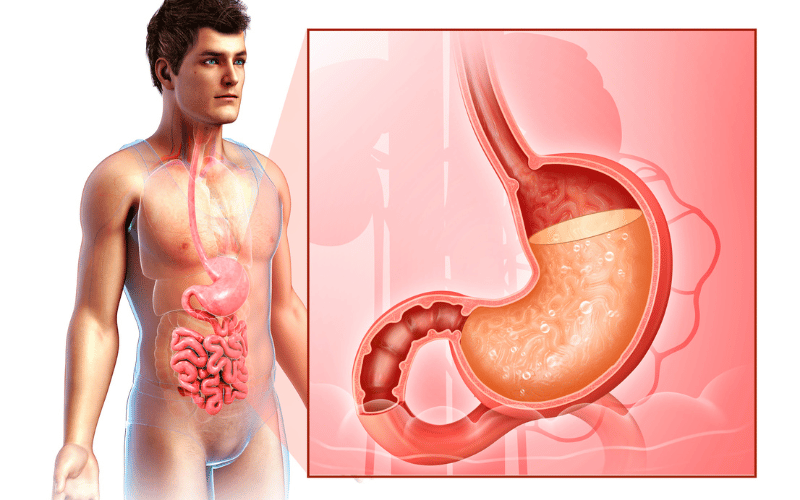Introduction: Unmasking the Silent Intruder – Hypochlorhydria
In the realm of digestive health, we often hear about ailments like acid reflux, IBS, or ulcerative colitis. These conditions have made their rounds in medical journals, talk shows, and perhaps personal conversations. But tucked away in the shadows is a lesser-known, but equally important, condition known as hypochlorhydria or its complete form, achlorhydria. It’s a term that many might not recognize instantly, but its implications for overall health are noteworthy.

At its core, hypochlorhydria is the medical jargon for low stomach acid production. For some, this might seem like a non-issue. After all, isn’t too much stomach acid the problem behind the discomfort of heartburn and indigestion? Surprisingly, too little stomach acid can lead to similar symptoms, but with added layers of complications. This is because stomach acid, beyond its role in digestion, acts as a gatekeeper, preventing harmful bacteria and pathogens from entering our intestines.
The onset of hypochlorhydria is sneaky. It doesn’t come with fanfare or glaringly obvious symptoms. It masquerades as other digestive issues, making it easy to overlook or misdiagnose. But as you’ll soon discover, understanding its symptoms is crucial. A silent intruder, hypochlorhydria has a cascading effect on health. From nutrient deficiencies to increased vulnerability to infections, its reach is expansive. And with today’s lifestyle factors, including stress and certain medications, the prevalence of this condition is growing.
To navigate the complex landscape of hypochlorhydria, awareness is key. This article aims to shed light on this condition, focusing on its top ten symptoms. Through understanding, you’ll be better equipped to recognize, address, and potentially prevent the pitfalls of this silent disruptor.
Symptom 1: Digestive Discomfort After Meals

Digestive discomfort can manifest in myriad ways. For some, it’s that nagging bloating, like an air-filled balloon, stretching the stomach. Others might feel an unusual heaviness, as though the meal just consumed has settled into an indigestible lump. Then there’s the prolonged fullness, where hours seem to drag by, but that sensation of “I’ve just eaten” stubbornly persists.
Now, think about it: our digestive system is, in many ways, a well-calibrated machine. When food enters, a series of enzymatic reactions should efficiently break it down. At the heart of this process is stomach acid. Its acidic nature helps liquefy the meal, preparing it for further digestion in the intestines. So, when this acid is low in volume or concentration, the process falters. The food doesn’t break down as it should, leading to the aforementioned symptoms of discomfort.
It’s tempting to dismiss these signs as the aftermath of overeating or choosing the wrong foods. And while those factors certainly play a role in occasional digestive upsets, persistent issues might point to a deeper concern: hypochlorhydria. With reduced stomach acid, the digestive process becomes less efficient. It can be likened to trying to wash dishes without enough soap – things don’t get cleaned properly.
The challenge with this symptom is its generic nature. Many digestive disorders present with similar signs. But if you find that the discomfort is frequent, particularly after protein-rich meals, it’s a hint. Proteins require a highly acidic environment for optimal digestion. Low acid levels can struggle to manage protein breakdown, leading to the uncomfortable symptoms.(1)